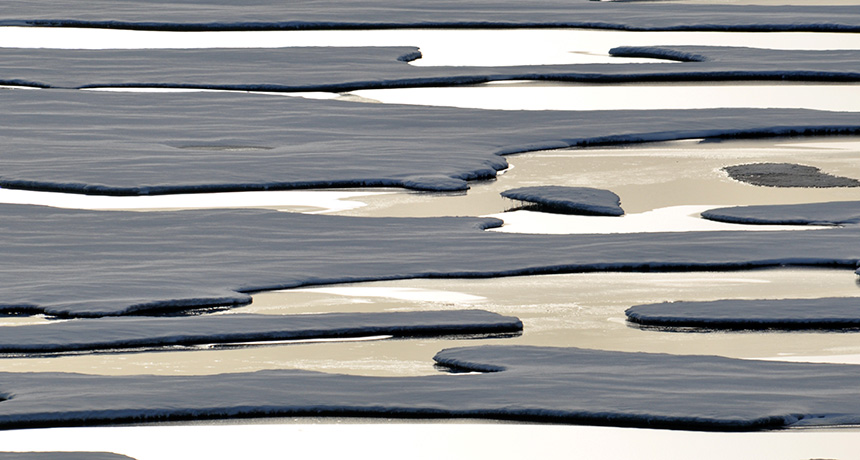
Thinning ice leads to winter warming in the Arctic
Science News, November 2015Even when the Arctic goes dark and cold, thinning ice could keep the North Pole from cooling off.

Even when the Arctic goes dark and cold, thinning ice could keep the North Pole from cooling off.
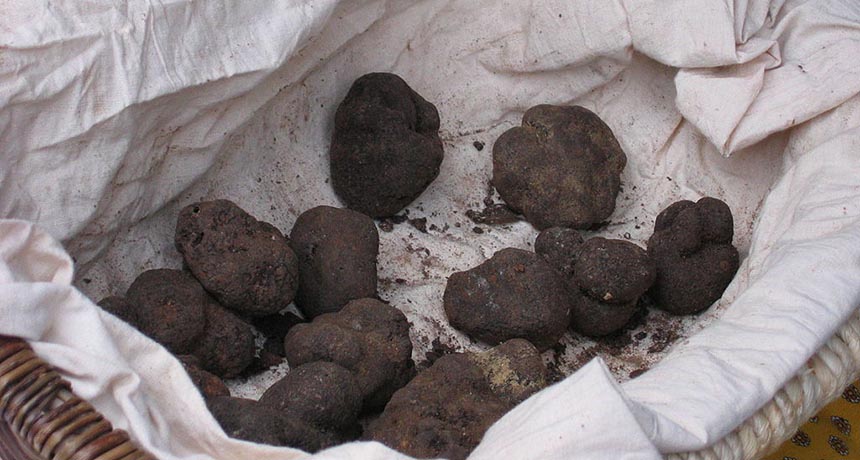
Good news, foodies: Truffles are not dangerously radioactive.
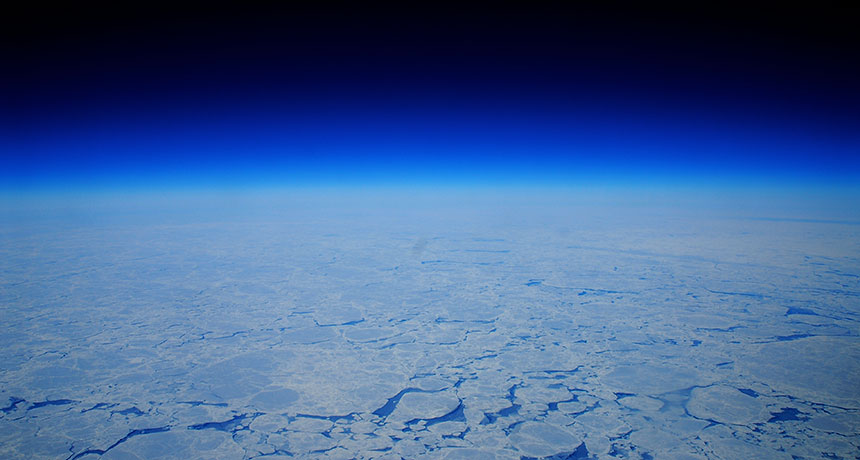
The plans sound like something out of the handbook of a James Bond villain: generate artificial volcanic eruptions, seed colossal clouds that shade the planet, cover the oceans in immense algal blooms visible from space. Despite seeming outrageous, such Earth-altering schemes, some argue, may be the only viable way to stave off threats posed by climate change.
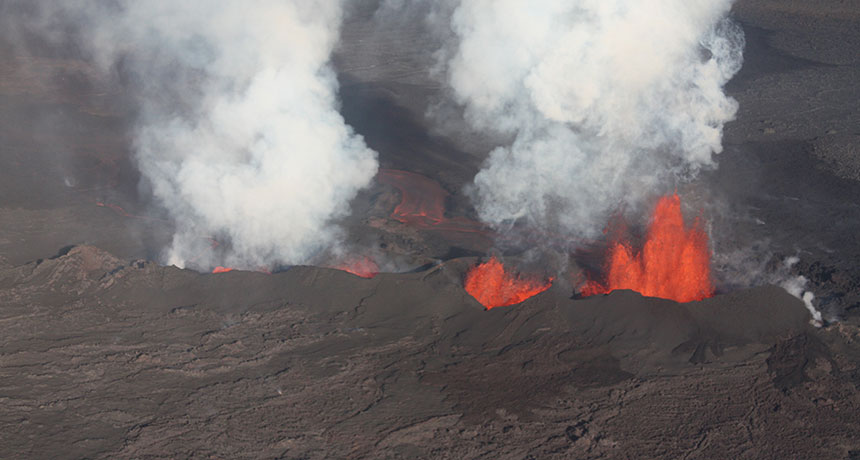
Molecules entombed inside pristine magmas suggest that Earth’s water came from soggy dust, not icy comets.
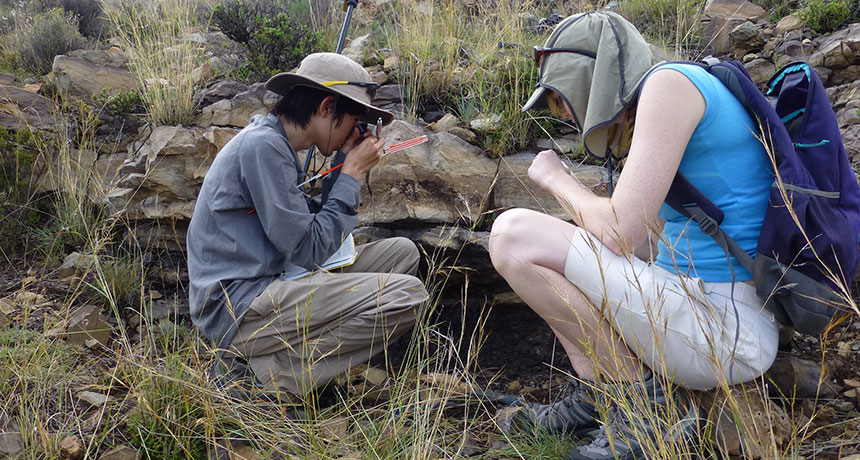
The greatest extinction in Earth’s history might not have been so great after all. A suspected colossal die-off of roughly 75 percent of land species didn’t accompany the Permian extinction around 252 million years ago, a team of geologists contend.
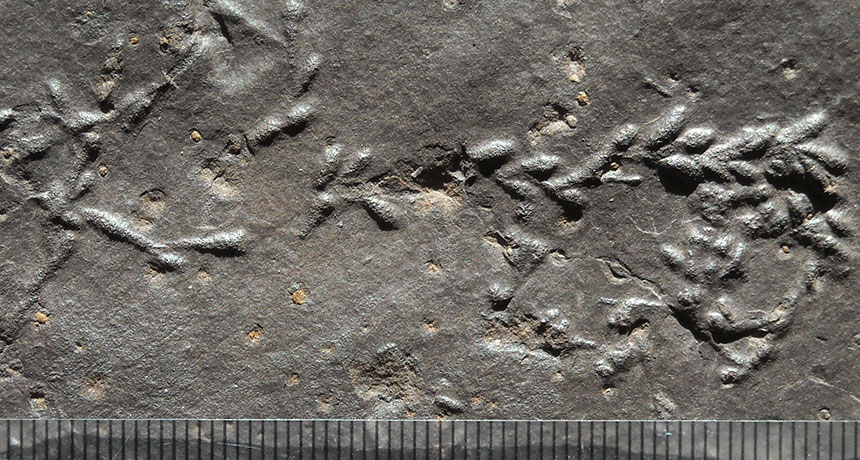
Modern animals such as rodents and platypuses dig underground labyrinths to confound predators. So did ancient insect larvae, new research suggests.
A boost in acidity deep inside Earth may yield some serious bling.
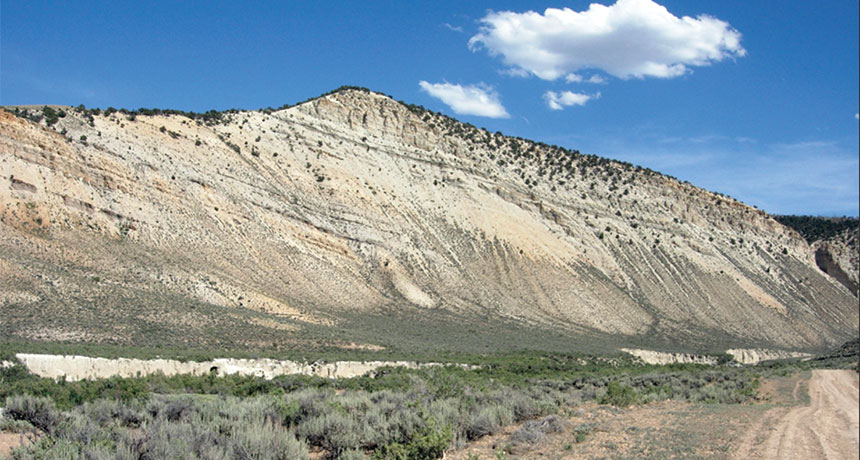
The hottest time since dinosaurs roamed the planet was caused by nearly half as much carbon dioxide in the air as previously thought, crystals from Earth’s past suggest.
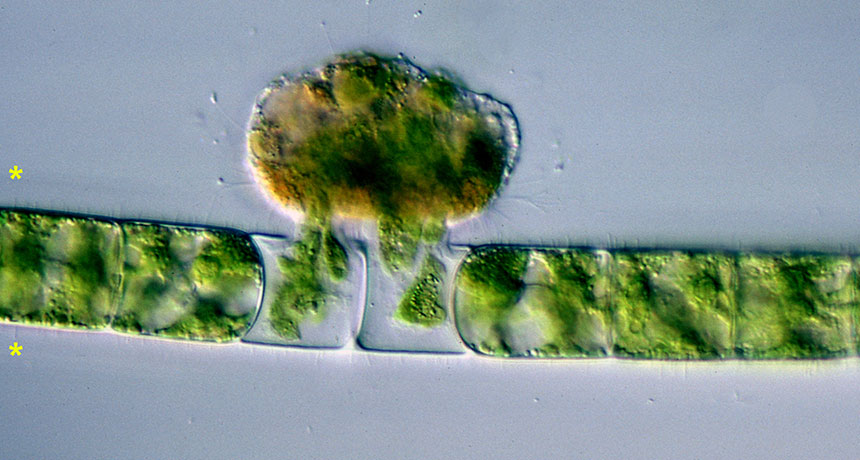
Microscopic vampires may have prowled the ancient seas around 750 million years ago. The fossilized remains of their punctured victims may be the oldest direct evidence of predators hunting eukaryotes, a domain of complex organisms that includes plants and animals.
Adapted for Science News for Students.

If you want to keep an ice cave cold, don’t shut the door.